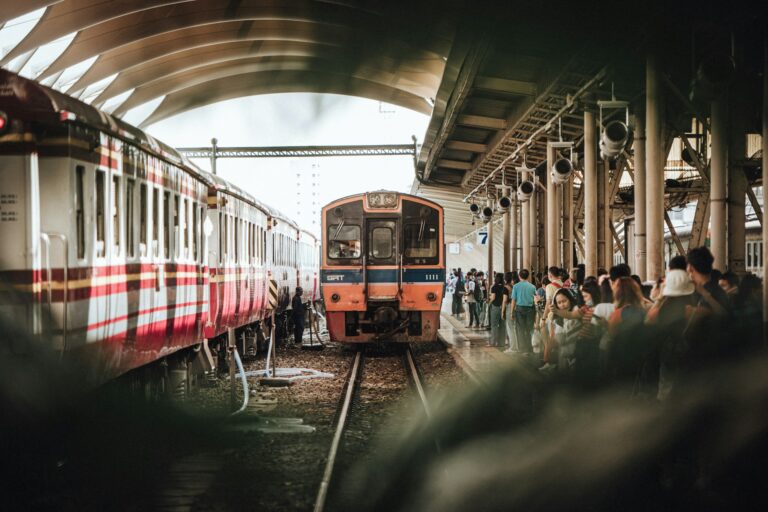Railroad Protective Liability Insurance: Why It Matters for Filming Operations
Filming near or on railroads can add excitement and drama to movies, TV shows, or commercials. But, it also comes with risks. Working around trains and tracks can be dangerous. To help manage these risks, there is something called **Railroad Protective Liability Insurance (RPLI)**. This special type of insurance is important for anyone who needs to film near railroad property.
In this article, we’ll explore what RPLI is, why it’s essential for filming operations, and how it protects everyone involved.
What is Railroad Protective Liability Insurance?
Railroad Protective Liability Insurance is a type of insurance policy that protects railroads when outside contractors or companies work on or near railroad property. This includes not only construction crews but also film production teams. Railroads require this insurance to make sure that, if something goes wrong, the railroad will not be held responsible for damages or injuries caused by the filming operations.
This insurance covers two main areas:
1. **Bodily Injury:** If someone is injured during the filming near the railroad tracks, this insurance helps cover medical expenses and legal costs.
2. **Property Damage:** If equipment or actions during the filming cause damage to the railroad’s property, RPLI helps cover repair costs.
Why is RPLI Important for Filming?
Now, let’s look at why Railroad Protective Liability Insurance is so important when filming operations involve railroads.
1. **Safety Risks**
Filming near railroads comes with various dangers. Trains move quickly and can be unpredictable. Crew members or equipment could accidentally get too close to the tracks, leading to accidents. Having RPLI ensures that if an accident does happen, the railroad is not held responsible. The insurance will help cover the costs of injuries and damages.
In addition to train accidents, filming on or near tracks can also cause slips, falls, or other injuries due to uneven surfaces. These risks are why RPLI is often a requirement before a film crew can even set foot on railroad property.
2. **Protects Both Parties**
RPLI does not just protect the railroad. It also protects the production company. In the event of an accident, lawsuit, or damage, the production company won’t have to pay huge sums out of pocket. The insurance will cover the majority of costs, ensuring that the film project is not financially ruined.
In most cases, railroads will not allow filming to take place without this insurance. By requiring RPLI, both the railroad and the production company have peace of mind knowing they are protected.
When Do You Need RPLI?
Railroad Protective Liability Insurance is necessary for any film production that takes place on or near railroad property. This includes filming scenes with trains, near tracks, or in any area controlled by the railroad. Even if the crew does not plan to use the tracks or trains directly, if they are within a certain distance of the tracks, this insurance is typically required.
Railroads are cautious about allowing anyone on their property, and rightfully so. The risks are too high. Having RPLI shows the railroad that the production company is taking the safety and financial risks seriously.
How to Get Railroad Protective Liability Insurance
If your film production needs RPLI, the process is straightforward. You’ll work with an insurance provider that specializes in this type of policy. The provider will assess your specific filming needs, including the location and duration of the shoot.
They will then issue a policy that covers the railroad’s concerns. The cost of RPLI depends on several factors, such as:
– The length of time you’ll be filming.
– The number of people involved.
– The proximity to the tracks.
– The potential risks associated with the shoot.
Typically, railroads have a minimum requirement for the amount of coverage needed. This means you may have to buy a policy that meets or exceeds their standards.
Railroad Protective Liability Insurance is not just a legal requirement when filming near railroads; it’s a crucial safeguard. It protects both the railroad and the production company from accidents, injuries, and property damage. With this insurance in place, film producers can focus on capturing the perfect shot without worrying about the risks involved.
When working on a production that involves railroads, always make sure you have RPLI in place. It ensures that everyone stays protected and keeps the production moving forward smoothly. Movieinsure.com is proud to be a provider of Railroad Protective Liability.Without it, the financial and legal risks could put your entire project in jeopardy. So, take this important step and secure the right coverage before filming begins.
Photo by Joshua Rawson-Harris on Unsplash


